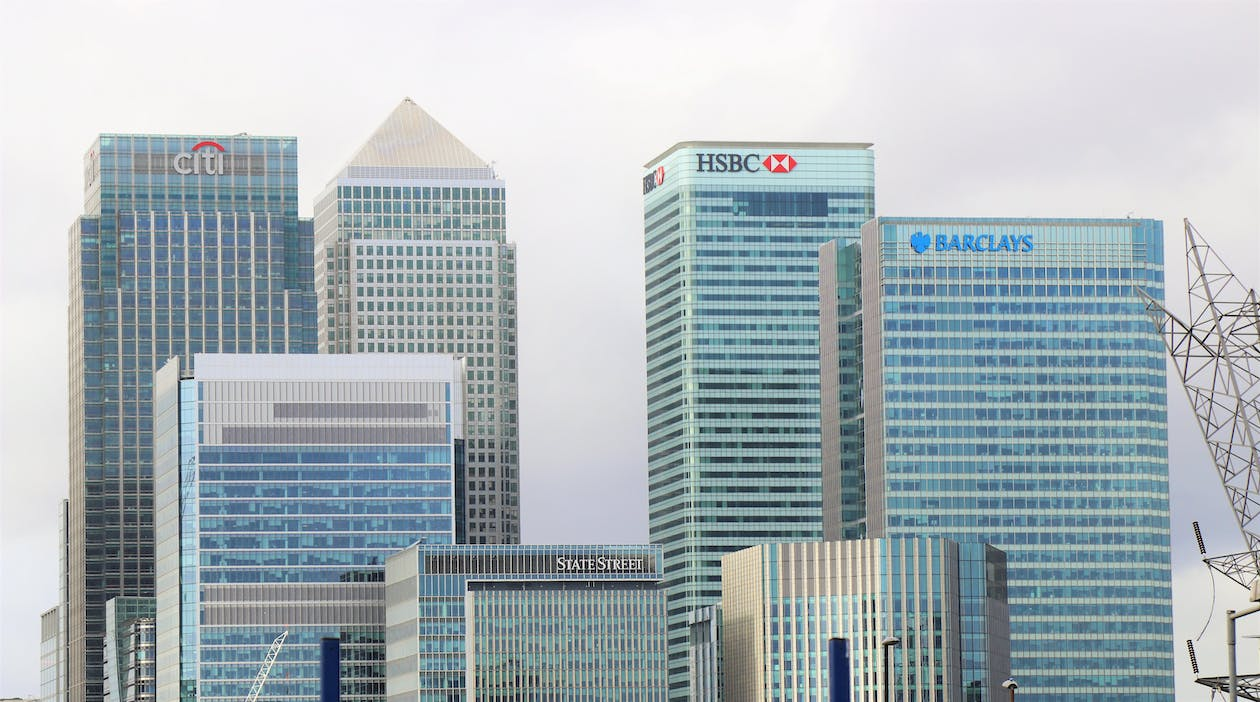Is it the end of commercial banking? The recent banking crisis has seen multiple large banks with billions in deposits fail to complete withdrawal requests, try to hold a fire sale, and eventually be taken over by the FDIC. The bank's assets would then be sold to big banks such as JPMorgan Chase and Goldman Sachs, which is a consolidation of the balance sheet that could lead to monopolies. This vicious cycle has seen the number of banks decrease from 7,404 in 2006 to 4,135 in 2022, a 44% reduction in competitors. In the financial crisis of 2008 alone, the US has seen 465 bank collapses, including big banks such as Washington Mutual Banks (WaMo) and Lehmann Brothers Investment Bank. Although regulations tightened after the fact, the risk of banks collapsing and consolidating is still ever-present because the banks (SVB and FRC) that collapsed recently have a combined asset size larger than WaMo had pre-collapse.
EQUITY
US stocks were flat on May 9 after a strong rally on May 7. Disappointing earnings from Tyson Foods sent the stock down 16%, while Catalent suffered the most from its $400 million annual revenue forecast cut. This week, the focus will be on the Labour Department's inflation reading for April, along with data on producer prices, weekly jobless claims, and consumer sentiment.
GOLD
Gold prices held steady above key levels as traders awaited US inflation data this week. Fears of a US banking crisis eased, while safe haven demand for gold retreated. The focus is on global economic conditions, especially slowing demand in China.
OIL
Oil prices rose almost 2% on Monday as traders saw crude's three-week slide on demand worries as overdone and US recession fears eased. Analysts said that an oversold market condition and concerns over an imminent banking crisis that could lead to a recession eased, and that wildfires in Alberta that have prompted energy producers to shut in at least 185,000 barrels of oil equivalent per day also supported oil prices.
CURRENCY
The US dollar index rose for a second day as investors awaited key US inflation reports that could influence the Federal Reserve's next interest rate decision. The 12-month inflation outlook for the US declined to 4.4% in April from 4.7% in March. Mexican President Andres Manuel Lopez Obrador endorsed the greenback as a global currency reserve, while other countries' de-dollarization efforts picked up pace after Malaysian Prime Minister Anwar Ibrahim advocated for the ASEAN Monetary Fund.













